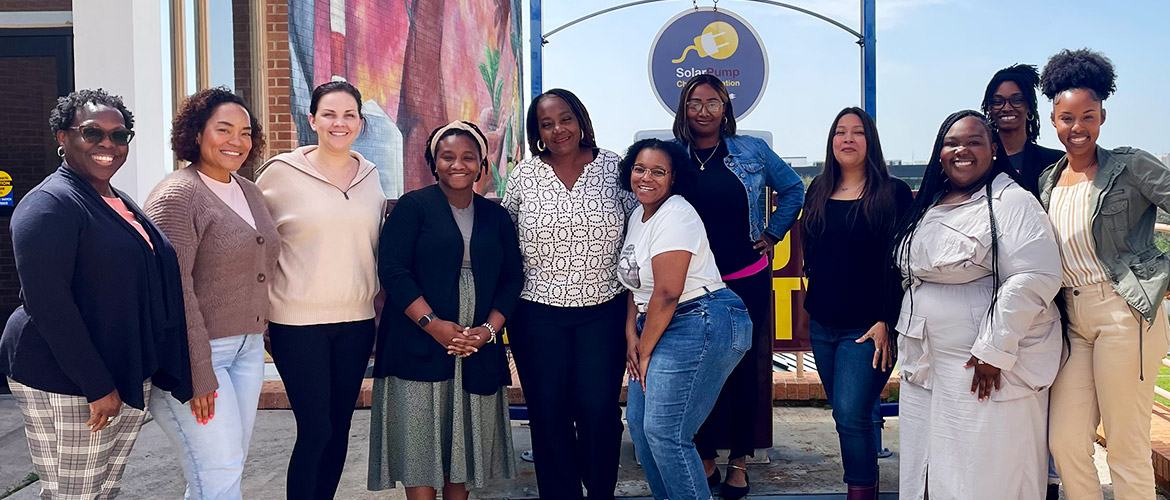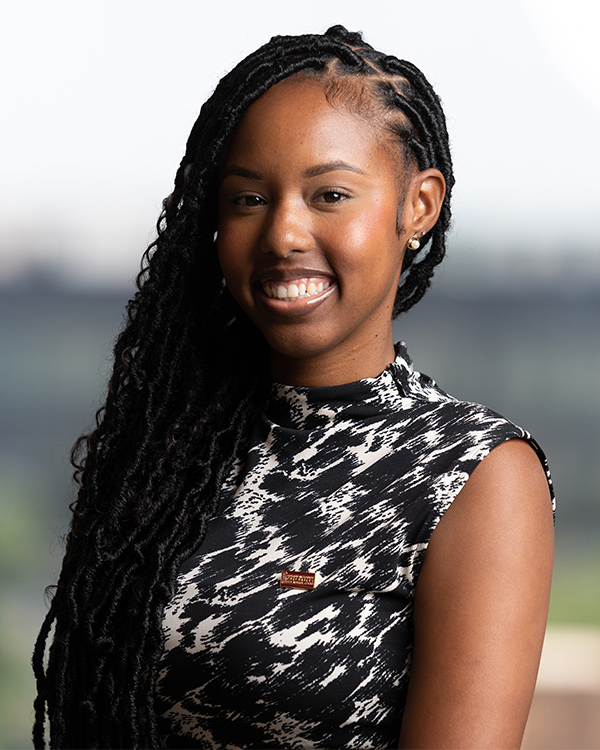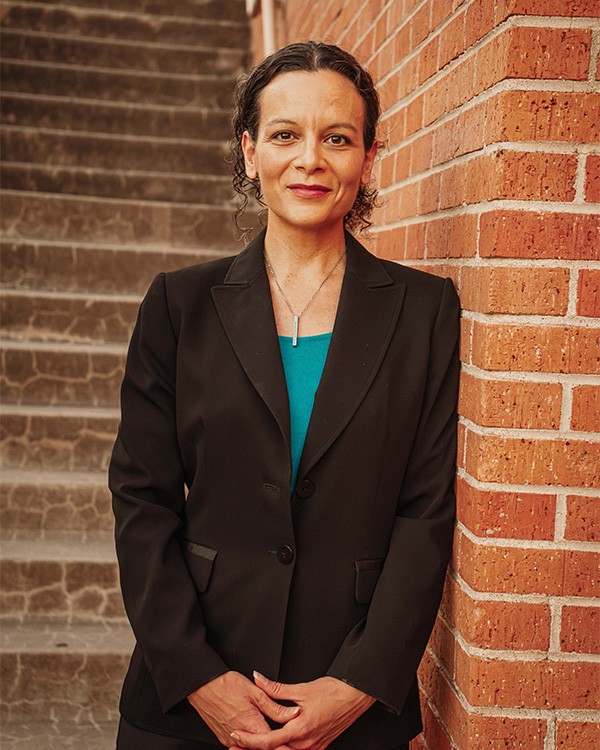Infiniti Ingraham’s educational background might be in writing and linguistics, but she isn’t letting that stop her from taking a new path.
“I'm someone that if I see something is happening, specifically affecting my community, I want to figure out how to effect social change," Ingraham says. "How can I be the one to kind of step up?”
Women in Texas face significant challenges to maternal health access and disparities. Challenges Ingraham, a native of the Bahamas, understands all too well.
“Being from a third-world country, we also experience high mortality rates for women giving birth. It's not something that's specific to America,” she says.
The program seeks to increase the number of culturally aligned doulas, midwives and certified lactation consultants in Central Texas, while building a maternal health research network using the insights of birth workers and their clients to reinforce best practices and policy. It uses two Central Texas maternal health equity nonprofits, Black Mamas ATX and Healing Hands Community Doula Project.
Amanda Masino, associate professor of biology and chair of natural sciences at Houston-Tillotson, directs the program, which includes 40 hours of doula training, 160 hours of community health worker training and a preceptorship involving client support through 10 births. The program includes online and in-person instruction, lectures, discussions, practical work, hands-on projects and workshops.
Four Boldly B.L.U.E doulas from the first cohort of trainees are employed by Special Beginnings grantees Delfina and HHM Health. Ingraham is in the second cohort of trainees, which started in March.
“I know they had a lot of people that applied to the program, so I'm really blessed that I was selected,” Ingraham says.
She is completing the community health worker portion of the training. Since she is the only woman in her cohort without children, she wondered whether that would impact her perspective going into the program, but quickly learned she has a lot to offer.
“It's pretty interesting to glean from the experiences of other people in the cohort,” Ingraham says.
Differing perspectives are crucial to the program, according to Masino. While the training is intensive, it’s accessible to people of all walks of life, regardless of education level.
“You get very good outcomes when the doulas who are providing that support have lived experience that mirrors that of the client they are trying to serve,” she says.
After Ingraham completes the program, she hopes to become a full-time doula, while also specializing in prenatal yoga. Masino and Ingraham are optimistic about the future of maternal health care in Texas.
“The interest was so strong from the very beginning. It was really staggering. I’m, I think, sometimes still in a little shock that it all happened so quickly,” Masino says. “I hope who others try this out in their communities and that entities like Blue Cross Blue Shield, their peers, look at what they could be doing.”



